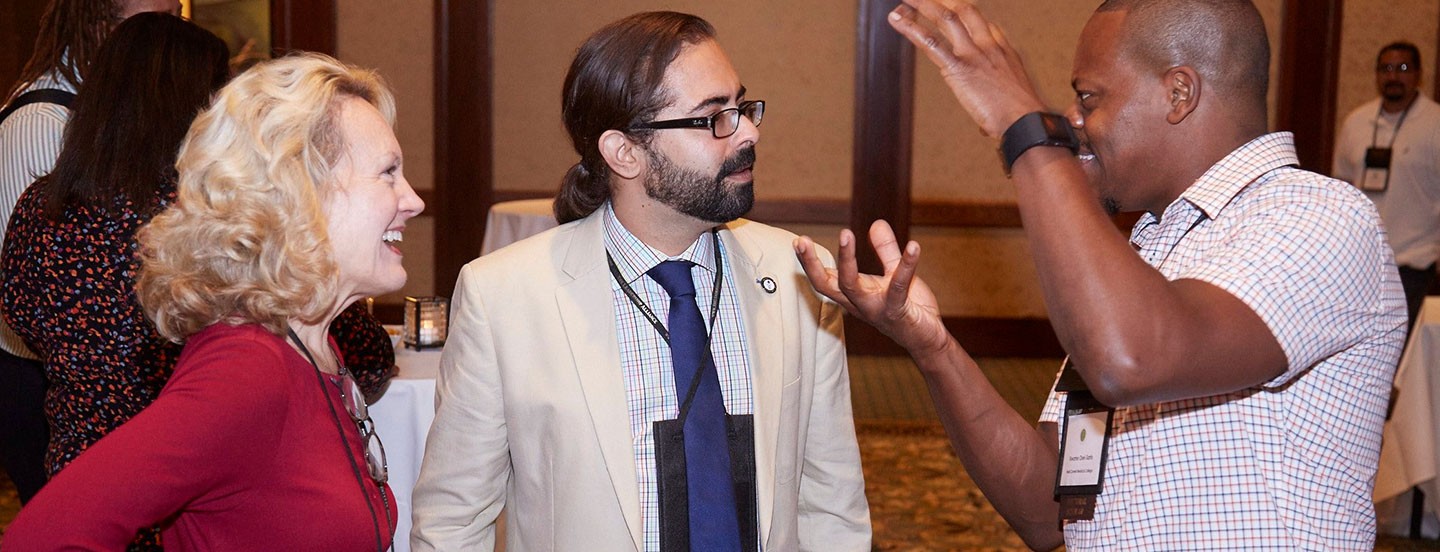
Who is a Mentor?
Previously: What is a mentor?
Mentors vs. Advisors, Instructors, and Supervisors
Mentoring is not synonymous with advising, instructing, or supervising. Your academic advisors, the faculty who teach your classes, and the people who oversee your work at a job or during an internship all share many of the characteristics of a mentor. For example, the faculty who teach your classes have a learning-centered relationship with you. Your academic advisors want to collaborate with you in determining the classes and experiences you need to fulfill the requirements of your major(s). Your work with a supervisor at a job is purpose-driven. But none of these roles, by definition, go beyond narrow, technical questions to collaboratively ensure that you acquire the “essential competencies for success in a research career.”
The Different Types of Mentors on Your Mentoring “Team”
Often, your academic advisors, instructors, and supervisors will also play the role of a mentor, but not necessarily. It is important to remember that you should seek out mentorship if none of your advisors, instructors, and supervisors play that role. Most often, you will need to seek out multiple mentors, each of whom brings distinct strengths to your mentoring “team.” To that end, you should view all of your faculty, administrators, graduate students and peers as potential mentors. Members of each of these groups will have distinct insights into the process of pursuing a research career. Even within each of these groups, different mentors will have different backgrounds and personal experiences, which means they will have additional perspectives and insights. So be sure to assemble a diverse team of mentors.
In a summer research program, it is vital to build robust relationships with every person on your mentoring team. Plan on meeting with every member of your mentoring team at least once during the beginning of the summer. These meetings can cover anything from your research and the logistics of program to your long-term career plans and shared interests. Make sure to dedicate plenty of time to getting to know each other. The better you know your mentors and the better they know you, the more fruitful your mentor-mentee relationship will be.
Action Item:
Make a list of all the people who are on – or who could join – your mentoring team. Then list the kinds of support you get from each of them. Is something missing? If so, keep an eye out for potential mentors who have that expertise.